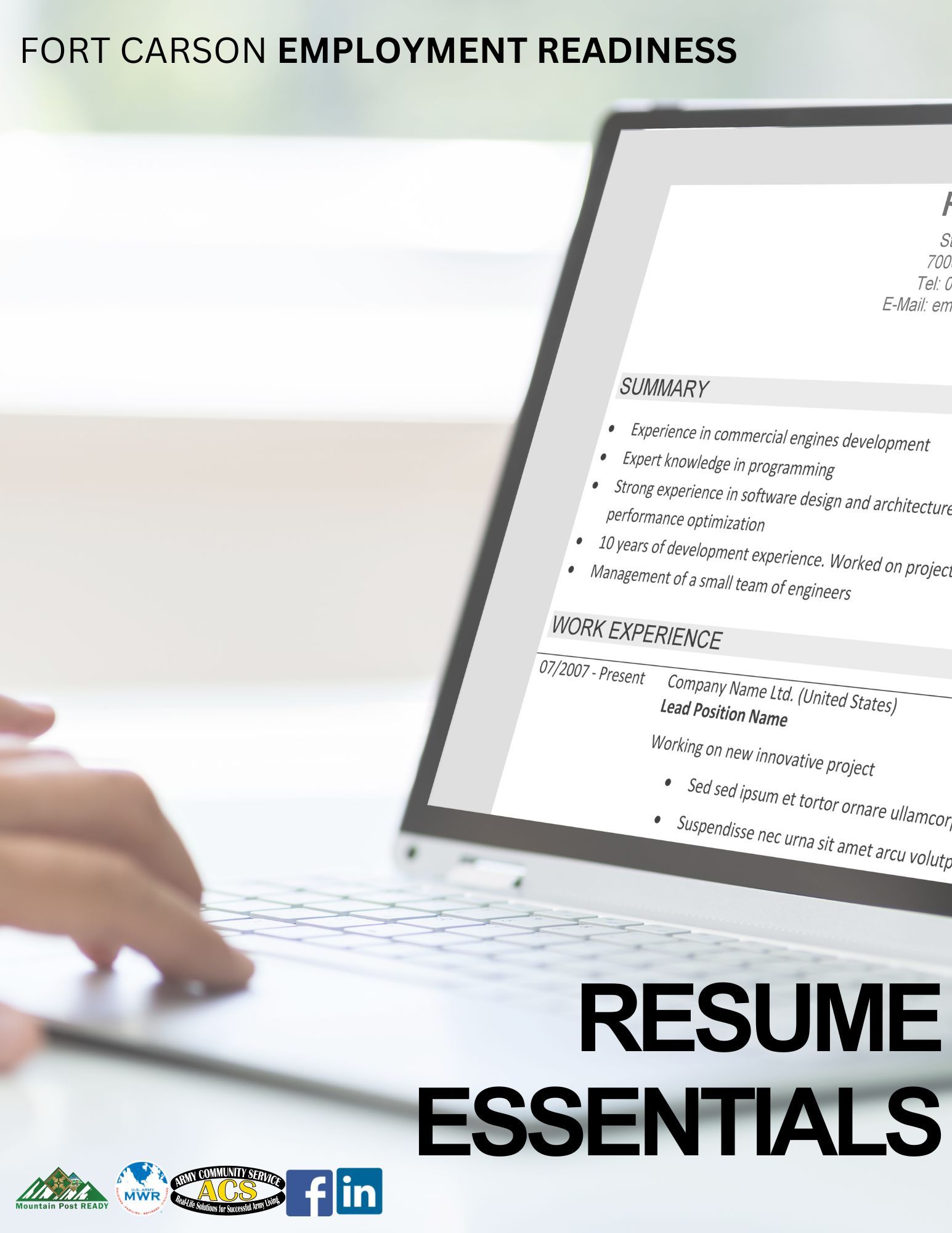- Reporting Options
-
The Army is fully committed to ensuring victims of domestic abuse are protected; treated with dignity and respect; and provided support, advocacy and care. The Army strongly supports effective command awareness and prevention programs, and holding offenders accountable.
There are two types of reporting options: Restricted Reporting and Unrestricted Reporting. Personnel should report all suspected cases of domestic abuse promptly, which quickly activates victim services and accountability actions. However, we understand things might not always work that way. Victims might need medical attention or victim services without command or a law enforcement response. Therefore, the Army has implemented a Restricted Reporting Option for victims to confidentially disclose allegations of abuse and receive needed medical treatment and services.
Restricted Reporting
Allows someone who meets VAP criteria and who is experiencing violence in his/her relationship to confidentially disclose the abuse to a Victim Advocate, a Victim Advocate Supervisor, or a Healthcare Provider. When an individual chooses a restricted report, law enforcement is not involved and there is no investigation of the abuse. In addition, the Soldier’s Command is not notified of the abuse and is unable to offer assistance and protection.
The restricted reporting option allows an individual to receive medical treatment, advocacy services and clinical and pastoral counseling. This option allows one to receive needed services, control the release of his/her personal information, and time to consider his/her options.
Under this reporting option, the offender is not held accountable and the abuse may continue. If an assessment reveals a high risk for future injury, a restricted report may not be granted.
Unrestricted Reporting
The preferred method of reporting domestic violence is through law enforcement. Secondary options include Family Advocacy Program, or the alleged offender’s Commander and a FAP victim advocate. The victim advocate can then assist the victim through the reporting process. The unrestricted reporting option provides a victim with the widest array of services available including but not limited to command involvement, law enforcement involvement, medical treatment, advocacy services, and counseling services.
Not all incidents of domestic abuse are the same, and each person who experiences domestic abuse handles the situation differently.
- Safety Planning
-
A violent relationship puts you and your children at risk for injury and even death. Developing a safety plan tailored to meet the needs of your family will enable you get out of a potentially dangerous situation. If your children are old enough, mature enough, or even responsible enough to assist you during a violent or potentially violent episode of domestic abuse, you may consider including them in your plan to keep everyone safe. A good safety plan considers which steps to take if you choose to stay in the relationship or if you choose to leave.
Here are some tips during the explosive phase of domestic abuse:
- Move to a room with easy access to an exit or ensure you have a way to call for assistance if that room has no exit.
- Don't go to the kitchen, garage, or near possible weapons.
- Know the quickest route out of your home. Practice escaping that way.
- Know the quickest route out of your workplace. Practice escaping that way. Domestic violence does not just occur in your home.
- Pack a bag and have it ready. Keep it hidden but make it easy to grab quickly or leave a bag with a friend.
- Tell your neighbors about your abuse and ask them to call the police when they hear a disturbance.
- Have a code word to use with your kids, family and friends. They will know to call the police and get you help.
- Know where you are going to go, if you ever have to leave.
- Use your instincts.
- Advise your children to go into a safe place when they hear adults fighting such as going to a closet or under a bed.
Develop a Safety Plan
- Protection Orders
-
Military Protection Orders (MPO)
Unit Commanders may issue a Military Protective Order (MPO) to ensure the safety of service members, family members, and other individuals from the threat of domestic violence. An MPO is a written lawful order issued by a commander that orders a Soldier to avoid contact with his or her spouse or children. The commander should provide a written copy of the order within 24 hours of its issuance to the protected person, the Military Police and civilian law enforcement. An individual should report violations of the MPO to law enforcement.
Civilian Protection Orders (CPO)
A Civilian Order of Protection is an order signed by a Judge that directs an individual to stop abusing, stalking, harassing and/or committing acts of sexual violence against an individual. An individual may file a CPO against current or former spouse, someone that an individual shares a child in common, an individual with whom you have shared a residence with, someone related to you by blood or marriage, or someone with whom you have dated or had intimate relations.
- What is Partner Abuse
-
Partner abuse is defined as a pattern of behavior used to establish power and control over an intimate partner through fear and intimidation, often including the threat or use of violence. Partner abuse includes emotional/psychological abuse, financial control, and/or interference with personal liberty. In other words, spouse or partner abuse can include something as obvious as a slap or a hit, but also includes less noticeable controlling, threatening or emotionally abusive behaviors. No one needs to stay in a relationship where they are being physically or emotionally abused by their partner or spouse. Visit the National Coalition Against Domestic Violence to learn more.
What help is there for a victim?
Victim Advocates are available for any Soldier, Family member, or retiree who is in an abusive relationship and needs help. Victim Advocates will help you make an immediate and on-going safety plan, provide victims with information about their rights and reporting options, link victims to Military and Civilian resources, and provide support and advocacy to include accompaniment to medical appointments, court proceedings, and interviews with attorneys, police, and/or command. You can speak with a Victim Advocate by calling or visiting our office during regularly scheduled hours. There is also a Victim Advocate available 24/7.
- Domestic Violence Survivors Group
-
It has been shown that it is important for survivors to be able to help other/ each other and that participating in a group can help turn negative experiences into something positive. The Domestic Violence Survivors Group focuses on 6 modules to learn the wheel of power, safety and building community, how to rebuild relationships with children, family and friends, self advocacy and the power of self talk, stages of healing, and learning positive affirmations. Please call (719) 526-0461 for more information.
- Hotlines and Local Resources
-
Fort Carson Victim Advocacy Crisis Line (719) 243-7907
Family Advocacy Program – Behavioral Health 719-526-5050
TESSA – Local confidential domestic violence/sexual assault crisis center and shelter
(719) 633-3819
National Domestic Violence Hotline (800) 799-SAFE (7233)
- I suspect my friend/neighbor is a victim. What can I do?
-
If abuse is in progress, call 911.
If someone discloses domestic abuse to you, there are a number of things that you could do that may be appropriate.
- First, stay calm, listen, and let her/him know that you believe them. Victims are often told that nobody will believe them.
- Second, acknowledge how he/she may be feeling. Your reaction may determine when or if the victim disclose again.
- Third, ask what you can do to help. Connect them to resources.
On your own, educate yourself on domestic violence and resources within the community. You may need to help the victim locate resources.
If you have questions or are looking for advice moving forward, you can always call a Victim Advocate and ask for guidance on how to help.
- Child Abuse
-
If you fear a child is in immediate danger, call 9-1-1.
If you know or suspect a child is being abused, please call:
Colorado’s Department of Human Services 24/7 HOTLINE at 844-264‑5437 and
Family Advocacy Program – Behavioral Health at 719-526-5050
- Commander’s Tool box
-
Commanders and other leaders are required to report Family violence, to seek help for all parties involved, and to help ensure safety to the fullest extent possible. (AR 608-18) Commanders and the military or local police can provide a great deal of effective help, including documenting the abuse, arresting the offender, helping with securing a Military or Civilian no-contact/protective order to ensure the victim is safe, helping to find legal assistance and ordering an offender/Soldier to treatment. Although Commanders and leaders are concerned about the safety of Families in their units, they cannot ensure their safety unless they know about the abuse. They also understand that many victims will never come forward unless they have an option that will keep their situation completely private (restricted reporting). Call (719) 526-0461 or (719) 524-1899 for more information.
Command Response
Commanders play an integral part in ensuring the safety, health, and well-being of our Army Families. Commanders who learn of an incident of domestic abuse are required to notify law enforcement. Under the Victims’ Rights and Restitution Act (VRRA), 34 U.S.C. § 20141, victims are entitled to the following rights:
Victim’s Rights
- The right to be treated with fairness and with respect for your dignity and privacy.
- The right to be reasonably protected from the accused offender.
- The right to be notified of court proceedings.
- The right to be present at all public court proceedings related to the offense, unless the court determines that your testimony would be materially affected if you, as the victim, heard other testimony at trial.
- The right to confer with the attorney for the government in the case; the right to available restitution; the right to information about the conviction, sentencing, imprisonment, and release of the offender.

The Victim Advocacy Program (VAP) provides crisis intervention and follow-up support services to adult victims of domestic abuse. Victim Advocacy services are available to Service members, their current or former spouses, an individual with whom the Service member shares a child, and significant others of Service members who live together. Our services are available twenty-four hours a day, seven days a week. Domestic Violence 24/7 Hotline (719) 243-7907.
Our trained victim advocates can provide crisis response, information on reporting options, information on medical treatment options, law enforcement’s response, emergency services, safety planning, obtaining military and civilian protective orders, and accompaniment to medical forensic exams and medical appointments, as well as accompaniment to court for orders of protection hearings and trials. Advocates work closely with their civilian counterparts and ensure a personal and smooth transition for victims who do not qualify for ongoing advocacy services within the military community.
If you need help or want more information, contact the Victim Advocacy Program Manager at your local Army Community Service Center.
CLICK HERE TO VIEW THE VICTIM ADVOCACY PROGRAM FLYER
Technology Safety & Privacy: A Toolkit for Survivors
Privacy & Safety at Facebook: A guide for survivors of abuse




